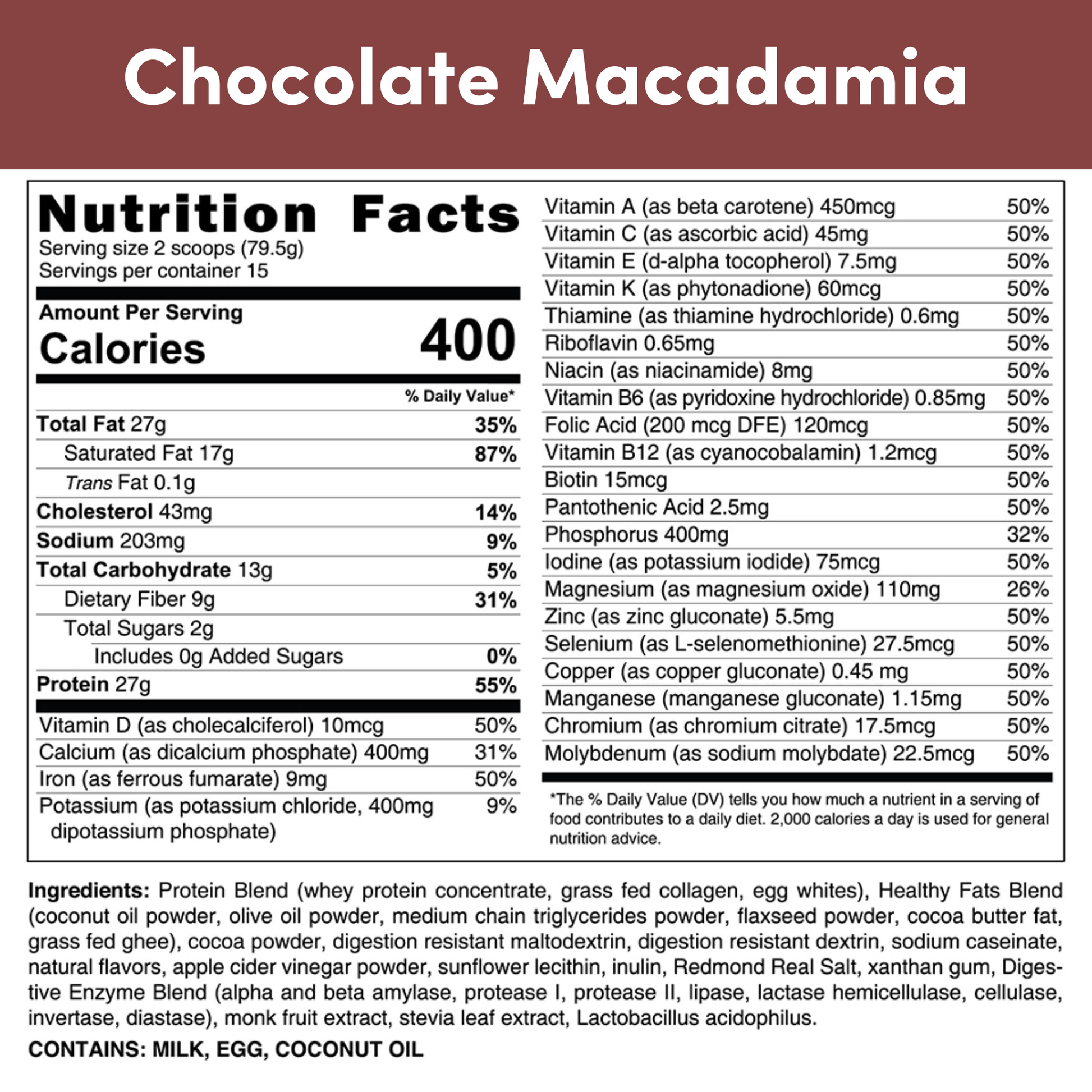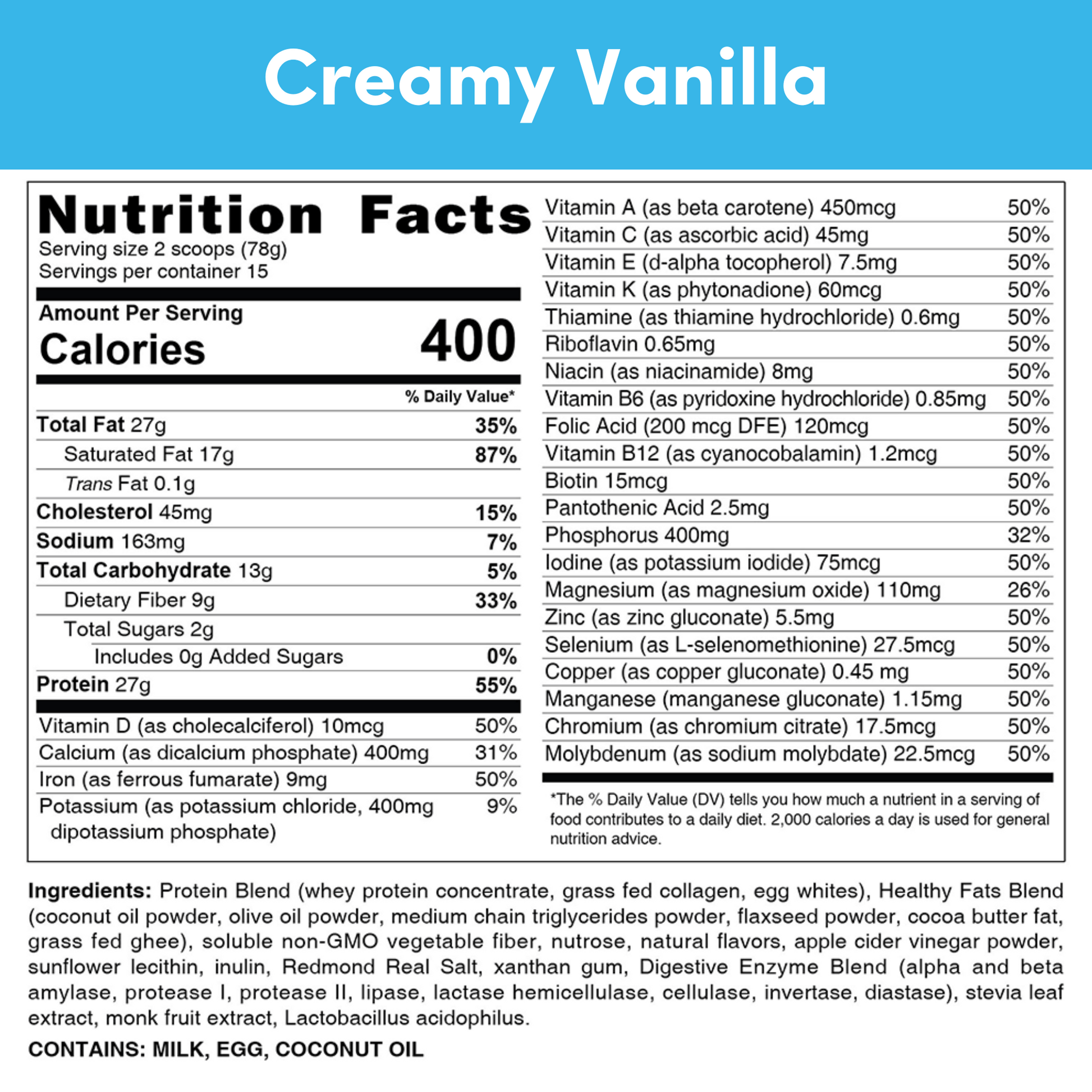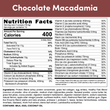Reversing Type 2 Diabetes with Low-Carb: Real Results?
Low-Carb Diets for Type 2 Diabetes Remission: Hope or Hype?
Type 2 diabetes has reached epidemic levels worldwide, affecting more than 400 million people and placing massive burdens on healthcare systems. Traditionally seen as a progressive, lifelong condition, new research has turned that narrative on its head. One of the most promising interventions? A low-carbohydrate or ketogenic diet.
Let’s explore what the latest science says about using low-carb strategies to reverse Type 2 diabetes, and why this approach is giving hope to millions.
The Problem with Conventional Diabetes Management
For decades, standard treatment for Type 2 diabetes focused on managing blood glucose through medication and dietary moderation. However, this approach often fails to address the root cause: insulin resistance.
Worse yet, many people find themselves in a cycle of increasing medications and deteriorating health. This has led researchers and clinicians to explore nutritional approaches that target the metabolic dysfunction at the core of the disease.
The Low-Carb Advantage: How It Works
At the heart of Type 2 diabetes is carbohydrate intolerance. Every carbohydrate eaten turns into glucose, which raises blood sugar. Insulin is then required to shuttle that glucose into cells. But in insulin-resistant individuals, this process is impaired.
A low-carb or ketogenic diet significantly reduces carbohydrate intake, thereby reducing the need for insulin and minimizing blood sugar spikes[1]. This allows the body to become more insulin sensitive over time, helping to reverse the condition at its root.
Evidence from Clinical Trials
The most compelling data on low-carb diets and diabetes remission comes from the landmark studies by Virta Health. In a two-year clinical trial, participants who followed a well-formulated ketogenic diet experienced[2]:
- A 12% average weight loss
- A 1.3% average drop in HbA1c (a key diabetes marker)
- 94% reduction or elimination in insulin use
- Over 50% achieving diabetes remission
Another 2020 meta-analysis found that low-carbohydrate diets led to greater improvements in glycemic control compared to low-fat diets, with significant reductions in fasting glucose and HbA1c levels[3].
Is It Sustainable?
Critics of low-carb diets often question sustainability. Yet studies show high adherence rates, especially when participants experience improvements in energy, appetite control, and medication reduction[4].
Many people on low-carb diets report that they feel more in control of their hunger due to stabilized blood sugar levels and lower circulating insulin[5].
Improvements Beyond Blood Sugar
The benefits of a low-carb diet for diabetics go beyond just glucose:
- Lower triglycerides and increased HDL cholesterol support heart health
- Reduced inflammation, a major driver of diabetic complications, has been consistently observed on low-carb diets[6]
- Weight loss, especially visceral fat, improves insulin sensitivity dramatically
In essence, low-carb diets don’t just treat symptoms; they address the metabolic root causes.
Misconceptions About Keto and Diabetes
Some still worry that higher fat intake could be harmful to diabetics. However, research shows that when dietary fats come from whole, unprocessed sources, they have neutral or beneficial effects on cardiovascular markers[7].
The key is to emphasize whole foods like:
- Beef and eggs
- Fatty fish like salmon and sardines
- Olive oil, coconut oil and avocados
- Select fruits and non-starchy vegetables
When paired with reduced carbohydrate intake, these foods support metabolic healing.
Diabetes Organizations Catching Up
While mainstream diabetes organizations were once hesitant, recent years have seen a shift. The American Diabetes Association (ADA) and Diabetes UK now acknowledge low-carb diets as a legitimate and effective option for managing Type 2 diabetes[8].
In fact, the ADA’s 2019 consensus report stated that reducing carbohydrate intake has the most evidence for improving glycemic control in people with diabetes.
Real People, Real Results
Thousands of individuals have reversed their Type 2 diabetes using a low-carb or ketogenic approach. Many have gone from daily insulin injections to no medications at all.
Their stories, backed by clinical data, offer hope: diabetes doesn’t have to be a lifelong condition. With the right nutritional intervention, remission is possible.
Conclusion: Hope, Backed by Science
So, is the idea of reversing Type 2 diabetes with a low-carb diet just hype? The evidence says no. It’s hope—rooted in science.
Low-carb and ketogenic diets offer a powerful, medication-reducing, health-restoring approach to Type 2 diabetes that targets the underlying problem: insulin resistance. With growing clinical evidence and support from major diabetes organizations, this is more than a trend. It’s a paradigm shift.
For those living with Type 2 diabetes, the message is clear: remission is possible—and it starts with your plate.
References
-
- Feinman RD, Pogozelski WK, Astrup A, et al. “Dietary carbohydrate restriction as the first approach in diabetes management: critical review and evidence base.” Nutrition. 2015;31(1):1-13.
- Hallberg SJ, McKenzie AL, Williams PT, et al. “Effectiveness and safety of a novel care model for the management of type 2 diabetes at 2 years: an open-label, non-randomized, controlled study.” Front Endocrinol. 2019;10:348.
- Snorgaard O, Poulsen GM, Andersen HK, Astrup A. “Systematic review and meta-analysis of dietary carbohydrate restriction in patients with type 2 diabetes.” BMJ Open Diabetes Res Care. 2017;5:e000354.
- Yancy WS, Olsen MK, Guyton JR, et al. “A low-carbohydrate, ketogenic diet versus a low-fat diet to treat obesity and hyperlipidemia: a randomized, controlled trial.” Ann Intern Med. 2004;140(10):769-777.
- Sumithran P, Proietto J. “Ketogenic diets for weight loss: a review of their principles, safety and efficacy.” Obes Res Clin Pract. 2008;2(1):1-13.
- Forsythe CE, Phinney SD, Fernandez ML, et al. “Comparison of low fat and low carbohydrate diets on circulating fatty acid composition and markers of inflammation.” Lipids. 2008;43(1):65-77.
- Mozaffarian D, Micha R, Wallace S. “Effects on coronary heart disease of increasing polyunsaturated fat in place of saturated fat: a systematic review and meta-analysis of randomized controlled trials.” PLoS Med. 2010;7(3):e1000252.
- Evert AB, Dennison M, Gardner CD, et al. “Nutrition therapy for adults with diabetes or prediabetes: a consensus report.” Diabetes Care. 2019;42(5):731-754.
This article is for informational and educational purposes only. It is not, nor is it intended to be substitute for professional medical advice, diagnosis, or treatment and should never be relied upon for specific medical advice.














